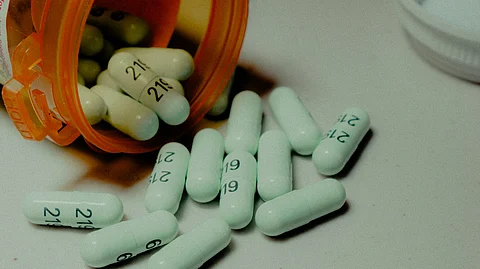All samples have been sent to labs in Delhi and Chandigarh, as the capital has only one designated drug testing facility. Results are expected in the next 3–4 weeks.
This is believed to be the second major crackdown in the last 18 months.
In the first week of June, the Crime Branch conducted three different raids and arrested six individuals for allegedly selling counterfeit cancer medicines.
Authorities revealed that these medicines typically carry a ‘Not for Sale in India’ tag and are being sold to patients at prices ranging from ₹50,000 to ₹70,000. In comparison, genuine cancer medications typically cost between ₹1.5–2 lakh.


